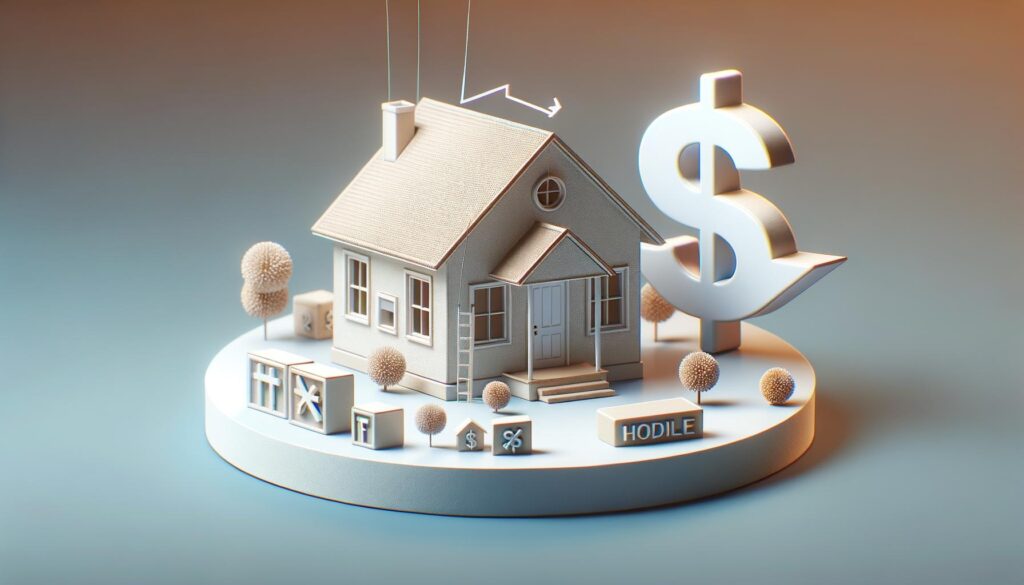Navigating Home Loans with Poor Credit
Understanding Your Credit Situation
Before embarking on the journey to secure a home loan with poor credit, it’s essential to understand your current credit situation. Knowing your credit score and the factors affecting it can help you identify areas for improvement. A credit score is typically influenced by payment history, credit utilization, length of credit history, new credit inquiries, and types of credit in use. Start by obtaining a copy of your credit report from major credit bureaus to review your credit history and ensure there are no errors. Dispute any inaccuracies you find, as these could be negatively impacting your score. Understanding your credit profile will give you a clearer picture of where you stand and how lenders might perceive you.

Exploring Loan Options
Despite having poor credit, several loan options are available that cater to individuals with less-than-perfect credit scores. Federal Housing Administration (FHA) loans are a popular choice as they are designed to help individuals with lower credit scores and require a smaller down payment than conventional loans. Another option is the Department of Veterans Affairs (VA) loans for eligible veterans and service members, which often do not require a down payment at all. Additionally, USDA loans are available for rural property purchases and offer flexible credit requirements. It’s important to research and consider these alternatives to find the one that best suits your financial situation.
Improving Your Credit Score
Improving your credit score can increase your chances of qualifying for a home loan and securing better terms. Start by making timely payments on all your existing debts, as payment history is a significant factor in your credit score. Reduce your credit card balances to lower your credit utilization ratio, ideally keeping it below 30%. Avoid opening new credit accounts unnecessarily, as this can lead to hard inquiries that may temporarily lower your score. Additionally, consider working with a credit counselor who can help you create a personalized plan to rebuild your credit over time.
Saving for a Down Payment
While it is possible to secure a home loan with poor credit, having a substantial down payment can significantly improve your loan application. A larger down payment reduces the lender’s risk and may offset the impact of a lower credit score. Aim to save at least 20% of the home’s purchase price, as this can also help you avoid private mortgage insurance (PMI). Consider setting up a dedicated savings account and automate monthly deposits to build your down payment fund. Explore options like state and local down payment assistance programs that may offer grants or low-interest loans to eligible homebuyers.
Working with a Knowledgeable Lender
Partnering with a lender experienced in working with individuals with poor credit can make a significant difference in your home loan journey. These lenders are often more flexible and can offer valuable advice on improving your financial profile. Seek recommendations from friends or family, or research online reviews to find a reputable lender. During your initial meeting, be upfront about your credit situation and financial goals. A knowledgeable lender will work with you to explore all available options and guide you through the process, ensuring you understand the terms and conditions of any loan you consider.
